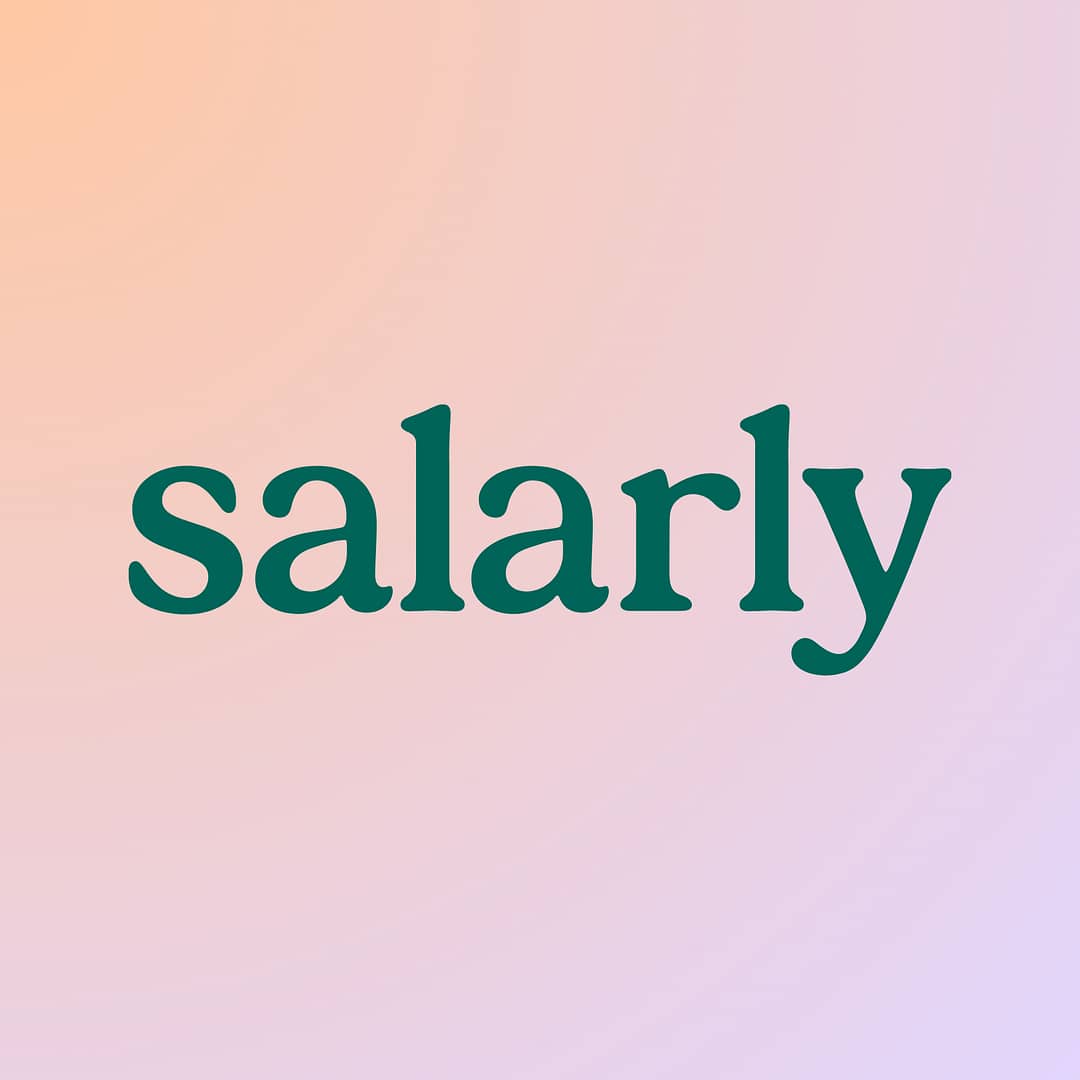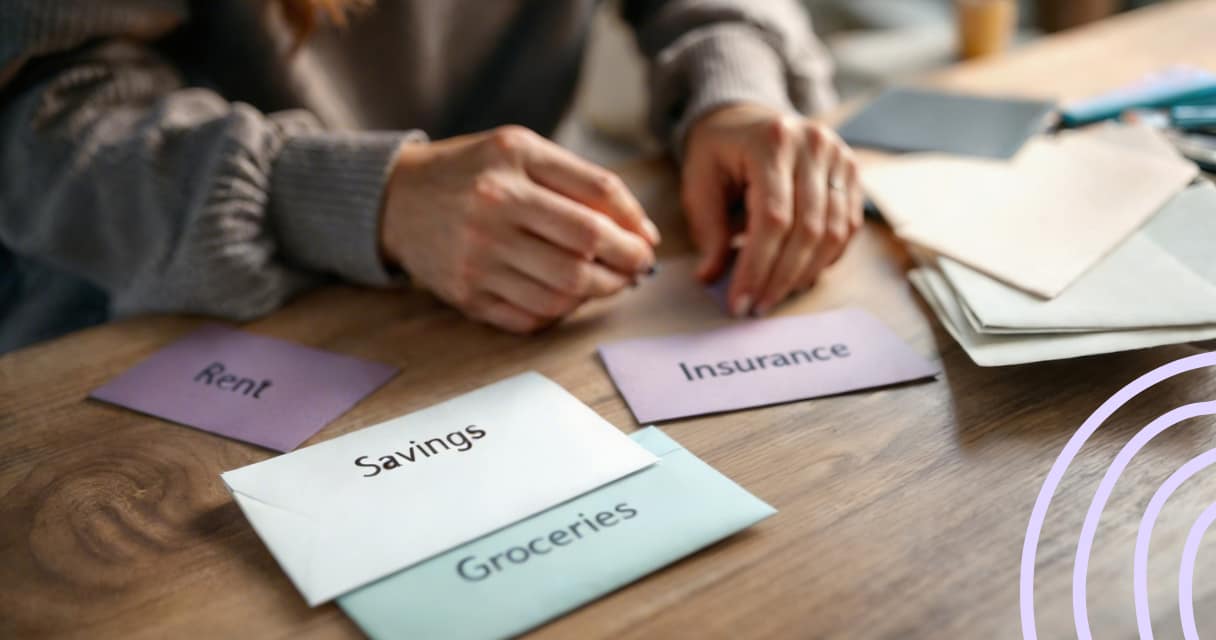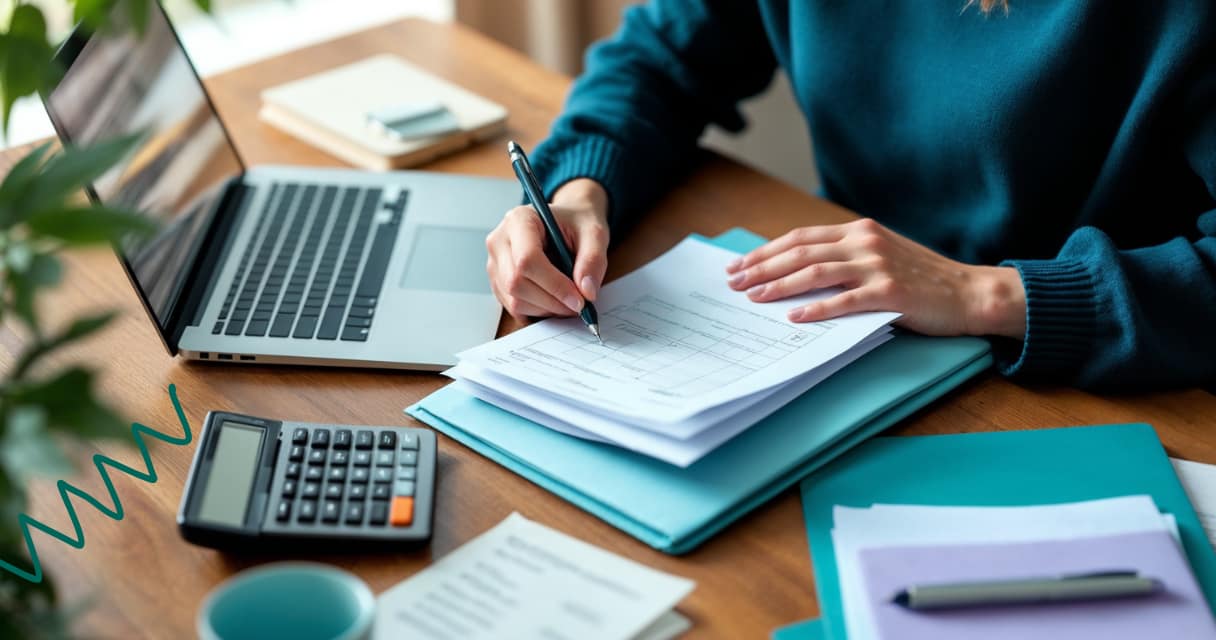Why Small Spending Matters
It is easy to think that only major purchases affect your financial health. Yet, it is often the smaller daily choices related to everyday spending that make the biggest long-term difference. The morning coffee, the streaming subscription, the extra app purchase, each one seems harmless in the moment but can quietly add up over time.
Being aware of how small expenses influence your overall budget is one of the simplest ways to strengthen your financial future. The goal is not to eliminate every indulgence but to understand how daily habits shape the bigger picture and how they relate to everyday spending.
The Hidden Impact of Small Expenses
A few dollars here and there might not feel significant, but they add up quickly. For example, spending $10 a day on small purchases totals more than $3,600 in a year. That amount could cover an emergency fund, travel savings, or a few months of living expenses.
According to a recent Bankrate survey, 57% of Americans say they regret how much they spend on everyday discretionary items, particularly dining out and online shopping. This awareness is the first step toward making mindful changes related to everyday spending.
When you recognize where your money goes, you can make small adjustments that lead to meaningful progress.
How to Track and Manage Everyday Spending
You do not need a complex system to take control of daily expenses. Start with these simple steps:
- Track every purchase for a week.
Seeing your spending patterns clearly helps identify areas for change. - Group your expenses.
Separate necessities from nice-to-haves so you can spot trends and opportunities to save. - Set limits.
Create small daily or weekly spending budgets to maintain awareness without feeling restricted. - Automate savings.
Redirect the money you might normally spend on “little things” into a savings account. Watching that amount grow builds motivation.
Tracking is not about guilt. It is about awareness and choice around everyday spending.
Turning Awareness Into Action
Once you understand your habits, you can start making intentional changes that align with your long-term goals. This might mean cooking at home more often, canceling an unused subscription, or replacing impulse buys with planned purchases.
Every decision to pause and reflect strengthens your financial confidence. Over time, these habits compound into stability and security.
If unexpected costs arise while you work toward your goals, responsible tools like Flexible Repayment Loans from Salarly can help. They are one of several financial options that provide short-term support while keeping repayment simple and predictable. Funds are typically available within 2 to 3 business days, depending on your bank and eligibility.
That being said, having flexible and transparent options can help you stay on track even when life gets unpredictable, especially with everyday spending.
Building a Stronger Financial Future
Financial health is not about perfection. It is about progress. Choosing to be mindful about small expenses today creates space for larger financial wins tomorrow.
All in all, when you plan ahead, track your spending, and rely on supportive tools when needed, you build habits that support a stable and confident financial future.
Salarly is here to help you make informed choices that fit your lifestyle and goals.
FAQs: About Everyday Spending
Why do small purchases matter so much?
Small, repeated expenses add up over time and can reduce your ability to save or invest for larger goals.
How can I cut back without feeling restricted?
Focus on awareness rather than elimination. Set small limits and redirect those savings toward meaningful goals, acknowledging the importance of your everyday spending habits.
What are some tools for tracking spending?
Budgeting apps, mobile banking alerts, and spending journals are simple and effective options.
Can short-term loans help with budgeting challenges?
Yes, when used responsibly. Flexible Repayment Loans from Salarly are one of several tools that can provide structure during short-term financial gaps.
How do I build better habits long term?
Start small, stay consistent, and review your spending regularly to keep yourself accountable, especially when it comes to everyday expenditures.











